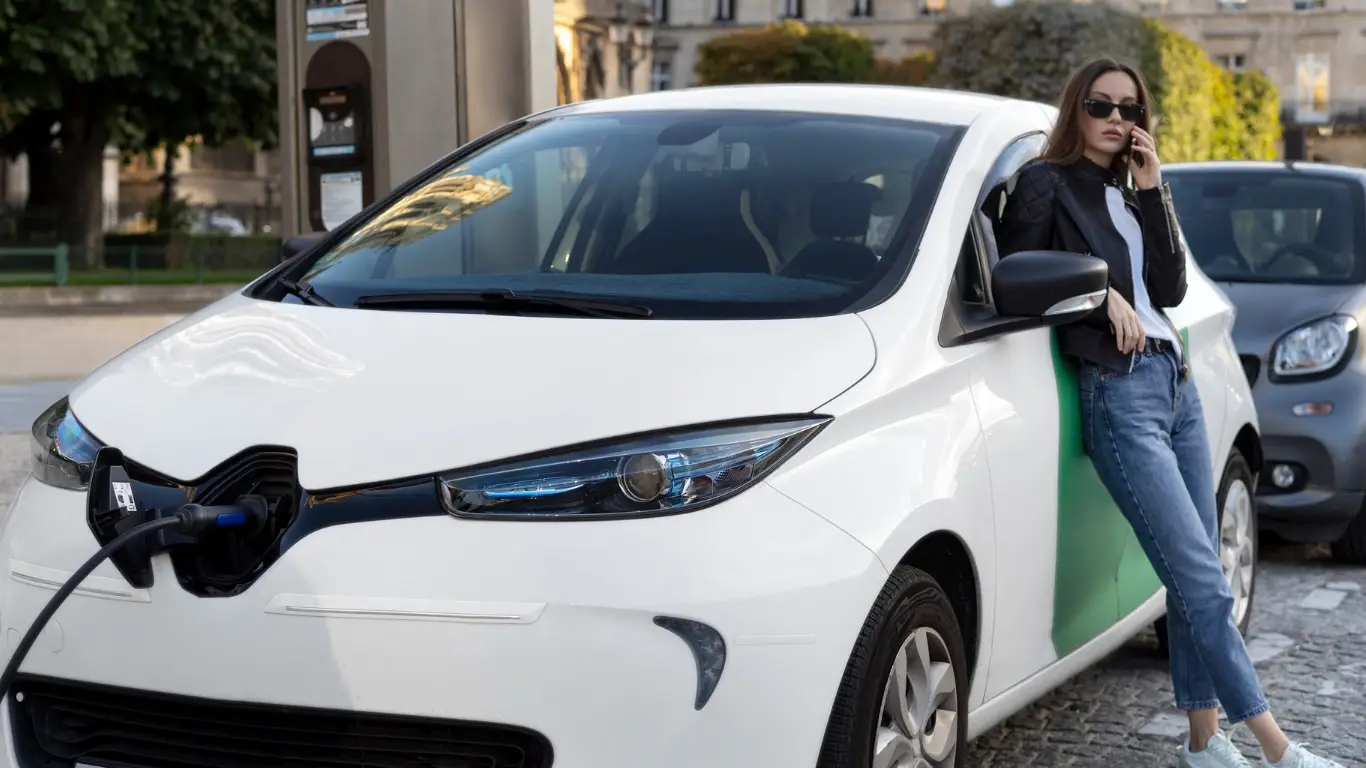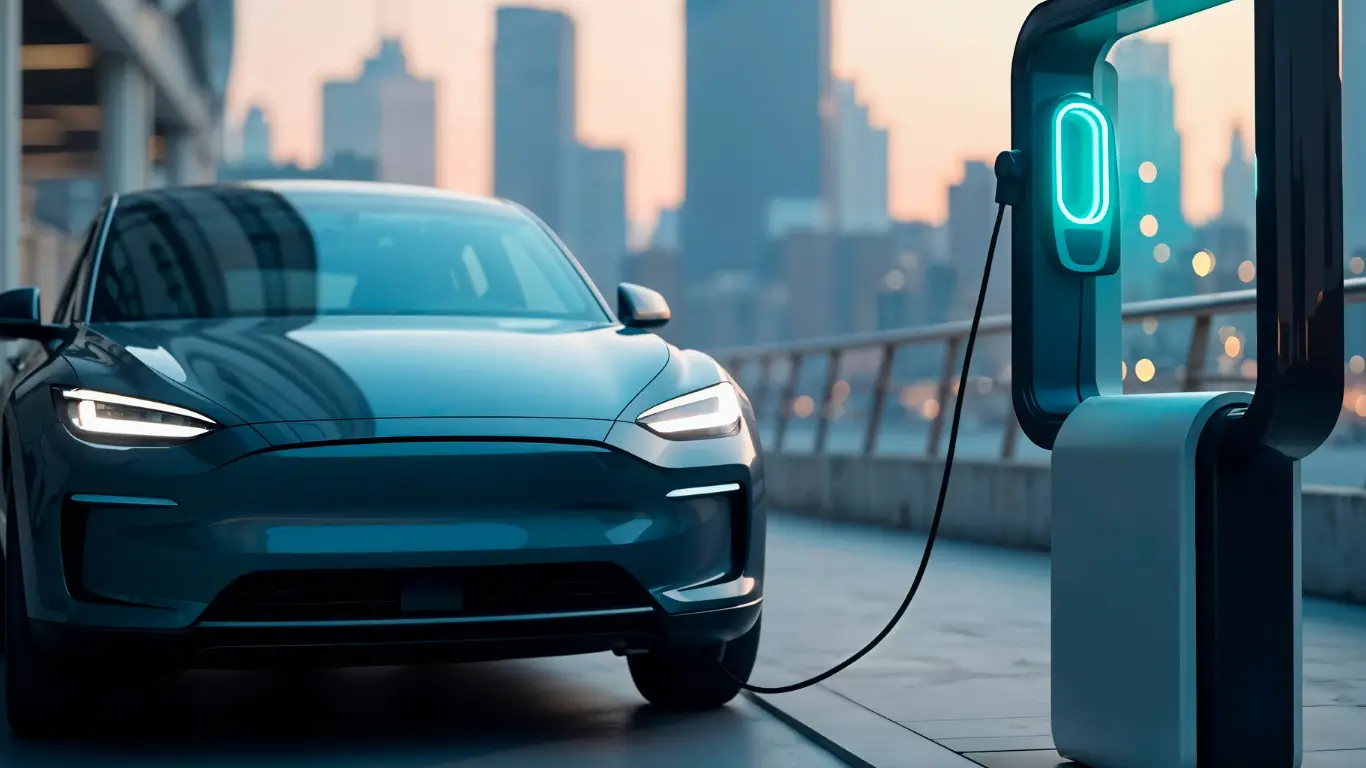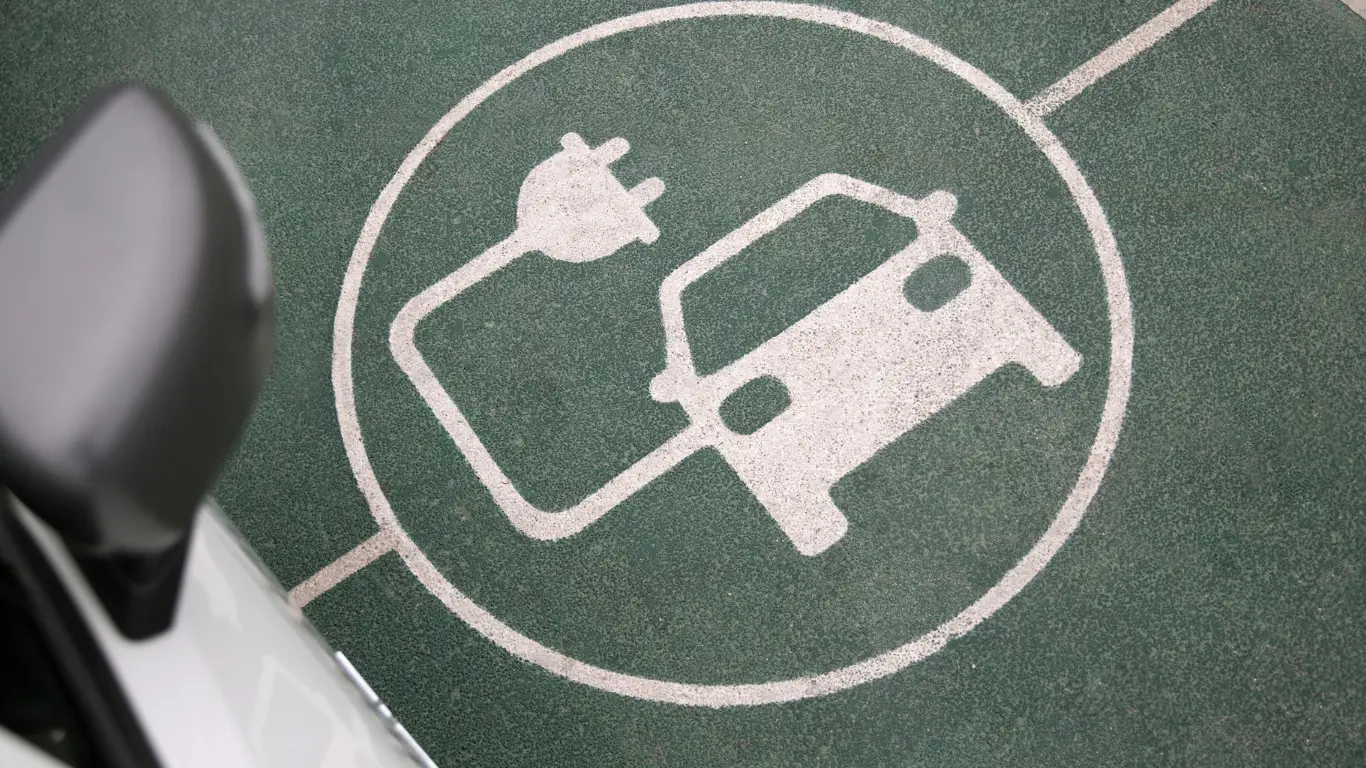
Auto Academy
Elon Musk Faces Growing Threat Amidst Canada’s EV Mandate Controversy
OTTAWA — The future of Canada’s electric vehicle (EV) policy, specifically the Canada EV mandate, is facing intense scrutiny from Washington. If the mandate fails, Tesla, led by CEO Elon Musk, may see its position weakened as the automotive industry faces new challenges.
Under the Canada EV mandate, automakers are required to achieve 20 percent EV sales by 2026 or face penalties, such as purchasing regulatory credits from companies like Tesla, which exclusively sells EVs. This policy, introduced during the Justin Trudeau administration, is now threatening Prime Minister Mark Carney’s efforts to broker a major economic and security deal with the U.S. government under President Donald Trump.
Canadian automakers are pushing back against the Canada EV mandate, which has created significant financial pressure. The country’s largest car manufacturers, including General Motors Canada, Stellantis, and Ford Canada, are already paying Tesla significant sums to meet these requirements, with little visibility into how much those payments are, as they are considered trade secrets.


Brian Kingston, president of the Canadian Vehicle Manufacturers Association, raised concerns about the implications of this policy, stating that the mandate has disproportionately benefited Tesla. In fact, in the first quarter of 2025 alone, Tesla earned over $400 million in regulatory credits, with predictions for 2025 showing even higher earnings. The irony of this situation is not lost on many in the industry: a climate policy that was designed to encourage EV adoption is essentially funneling money to Tesla, a competitor.
“Why would the government create a policy that directly benefits one automaker, particularly a foreign one like Tesla?” Kingston questioned during a meeting with Carney and Canadian auto industry executives. He further noted that EV sales in Canada accounted for just 8.7 percent of the total market in May, and the market share is projected to barely hit 10 percent for the year. To meet the Canada EV mandate’s target of 20 percent by 2026, the industry would need to see a 100 percent growth in EV sales — a goal many consider unrealistic.
Canada’s electric vehicle (EV)
Sarah Goldfeder, head of government relations for General Motors Canada, pointed out that automakers are now left with two difficult options: buy EV credits from Tesla or reduce sales of combustion-engine vehicles, which would limit consumer choice. The trade-off is a growing concern as fewer EV options are available for Canadian buyers.
The pressure to revisit the Canada EV mandate is becoming more pronounced as the ongoing trade negotiations between Canada and the U.S. come to a head. Mark Carney is under significant pressure from the auto industry and President Trump’s administration to reconsider the mandate, especially as Trump has scaled back similar regulations in the U.S. under the Biden administration’s policies.

While there’s recognition of Canada’s commitment to reducing greenhouse gas emissions through clean energy, the Canada EV mandate is proving to be a contentious issue that could undermine Carney’s push for a favorable trade agreement with the U.S. automakers, like General Motors and Ford, are urging the government to reassess the policy, which they argue is misaligned with current market conditions.
The situation is further complicated by the broader climate policy goals of the Trudeau government, which aims to significantly reduce emissions from the auto sector by promoting EV adoption. However, with EV sales stagnating and a shrinking number of EV credits, the Canada EV mandate may not be sustainable in the current economic and market environment.
As Prime Minister Carney navigates the complex dynamics of Canada-US trade relations, the EV mandate remains a central sticking point that could have significant consequences for Elon Musk and Tesla’s future in Canada.
Amid the uncertainty surrounding the Canada EV mandate, dealerships like CarRookie, a growing name in the Canadian automotive market, are closely monitoring the evolving regulatory landscape to adapt their sales strategies, ensuring they stay competitive in the shifting EV market.


